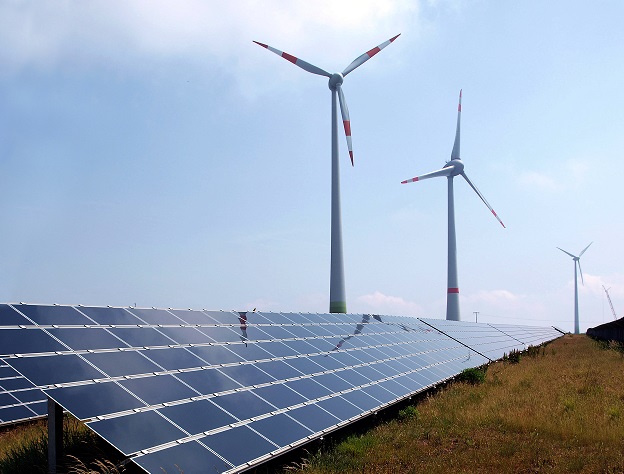Greater corporate sourcing of renewables can be a significant driver for the transition towards a zero-emission economy, a new report issued by the RE100 initiative has claimed.
Timed to coincide with the this week’s World Economic Forum meeting in Davos, the report has been published to update on the progress made by the initiative’s members towards sourcing all of their electricity from renewable sources.
While 11 members have already achieved that goal – albeit primarily through the purchase of renewable energy certificates and green tariffs – the group claimed that many members aimed to follow suit by 2024.
It claimed further evidence of the transition was the fact that its 87 member companies are now creating a global demand of 107TWh of clean electricity each year, which the RE100 pointed out was equivalent to the total electricity consumption of the Netherlands.
From its European members The Climate Group confirmed that almost all electricity consumption – amounting to 14.4TWh in 2015 – was sourced from renewables. Renewable energy certificates and green energy tariffs were the most popular means of sourcing clean electricity.
Europe fared considerably better than RE100 members in China and India, which reported just 25% and 10% progressions towards total corporate energy sourcing from renewables.
But in India on-site generation and power purchase agreements in particular were the most popular approaches.
Just 34 of the RE100’s 87 members use on-site self-generation, with wind and solar reported to be the most popular technologies by a comfortable margin.
Meanwhile the RE100 announced the addition of three new members into the fold this morning; Danske Bank Group, Gatwick Airport Limited and Royal Philips, the health technology division of the electronics company. All of these firms have committed to 100% renewable electricity across their global operations.
Damian Ryan, acting chief executive at The Climate Group, said it was encouraging to see an increasing number of companies committing to “bold climate action”.
“In order to deliver on the Paris Agreement and keep global warming well below two degrees, we need governments to remove policy barriers and create investment incentives that can provide easier access to renewable energy. And we need more business leaders to influence the usage of renewable power right along their supply chains,” Ryan said.
His comments come in the same week that IKEA warned the UK government that it would not be spending any of the remaining £524 million it has earmarked for renewables investments in the country following the raft of subsidy cuts the current government has enacted to renewable energy in the last 18 months.






